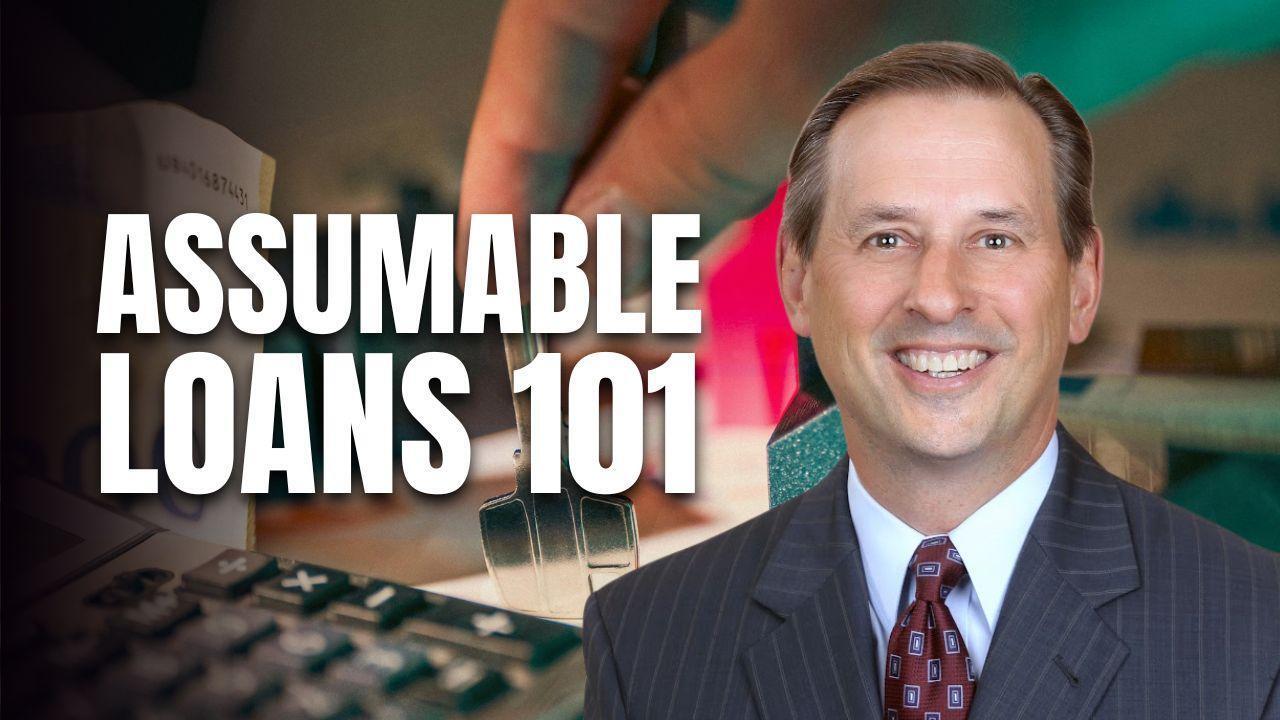New Changes to the HARP Loan Program Means More People Getting Much-Needed Help
The announcement made recently by the Federal Housing Finance Agency about proposed changes to the Home Affordable Refinance Program (HARP) could mean that many more homeowners will get much-needed assistance during this difficult economic time.
Let’s Explore Your Selling Options. We will help you sell your home at the price and terms you want. Free Strategy Call
The announcement made recently by the Federal Housing Finance Agency about proposed changes to the Home Affordable Refinance Program (HARP) could mean that many more homeowners will get much-needed assistance during this difficult economic time. Homeowners that are underwater have traditionally turned to HARP loans to help them refinance their homes, being able to keep them rather than losing them to foreclosure. Here are the main differences between the old and the new programs and how they will potentially affect homeowners going through times of strife.
No More Glass Ceiling for HARP
With the old program there was a limit to how much borrowers could borrow with respect to thehome’s loan to value. This posed a problem for many people that owed far more on the home than it was valued – given the steep decline in housing values during the past two or more years.
New changes to the program will allow homeowners to refinance no matter how foregone the situation is with respect to more money owed on a property than its market value. The elimination of the 125 LTV ceiling for fixed-rate Fannie Mae or Freddie Mac backed mortgages is by far the most impactful proposed change to the program. This change will quite possibly help millions of people avoid undergoing foreclosure.
Fewer Fees or Better Yet, No Fees For Some
As per the current HARP loan process, risk-based fees are assessed and applied to loans to protect the lender. Considering borrowers’ credit profile, the lower the credit scores, the higher loan to value and that translates to greater risk to the lender. Fees that are traditionally associated with this risk are a huge burden for buyers.
With the expected new HARP guidelines there will be no more risk-based fees for homeowners that refinance their home into short-term mortgages and fewer fees for others.
No Longer A Need For a Property Appraisal
The cost of getting an appraisal done on a home can get quite expensive and adds up when you factor in all the other costs of getting into a new home. Most home purchases entail having an appraisal done on the home – at the buyer’s expense.
The changes that are looking to be implemented soon for people seeking assistance through HARP will include eliminating the requirement of a new property appraisal. The only thing that buyers need to be wary of is that there must be a reputable AVM estimate in lieu of the appraisal.
The Absence of Warranties That Put Lenders In a Stronghold
Lenders are at a huge risk when borrowers default on their loans and as a protective measure Fannie Mae and Freddie Mac guarantee those loans but not without a long list of warranties that protect the creditor. At present, refinance loans that have these warranties or stipulations on them cause lenders to comb through each application very carefully before considering an approval.
With the proposed changes taking place, the warranties will be waived, reducing secondary exposure to lenders of buying back the loan in case of default or even indication of default. The change will make it far easier for homeowners to obtain the refinance loan they seek to help get them out from underwater.
More Time For Homeowners to Get Afloat
The HARP loan program began in April of 2009 and after an extension in March of this year (2011) the deadline was extended to June 30, 2012.
According to the list of projected enhancements to the program, the program’s deadline will be extended to December 31, 2013 – giving more homeowners more time to avail this opportunity.
~
There are a few important things to mention regarding the upcoming announcement expected on Tuesday November 15th. First, not only does the HARP loan apply only to homeowners that have a mortgage owned by Freddie Mac or Fannie Mae, the mortgage being refinanced must have been obtained on or before May 31, 2009. Second, this applies only to homeowners who have not previously refinanced their home.
It is also important to note that these are projected changes – and they can change at any time contingent upon policy at Fannie Mae and Freddie Mac.
-
Let’s Explore Your Selling Options. We will help you sell your home at the price and terms you want. Free Strategy Call
-
Free Home Value. Know the value of your property for a cash offer or traditional listing. Request My Value
-
Looking for a Greater Milwaukee Home?. Search the entire MLS for your Greater Milwaukee home. Search the MLS
-
Featured Listings. Discover the Greater Milwaukee gem that everyone is talking about. See Listings
-
Free Newsletter. Get our latest Q&A, insights, and market updates to make smarter decisions. Subscribe Now







